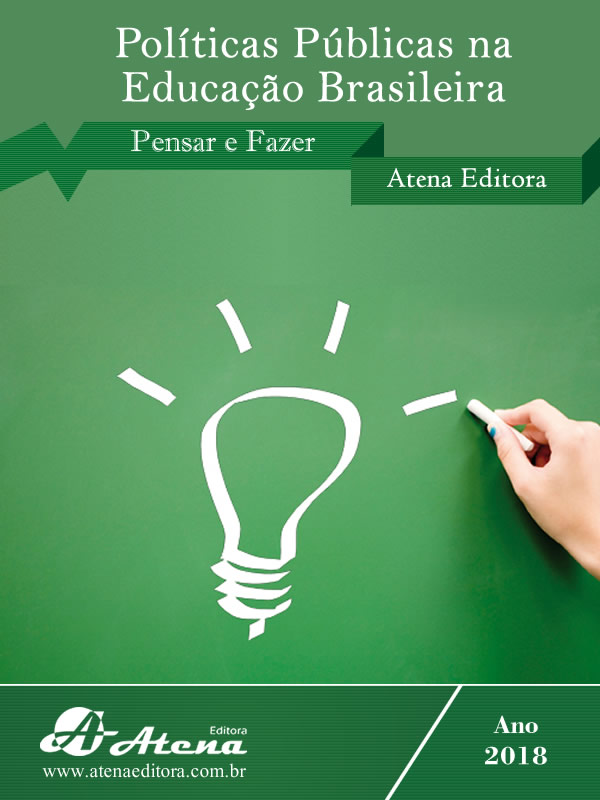
UMA HERANÇA CONSERVADORA DA AUTOCRACIA BURGUESA PARA A EDUCAÇÃO BRASILEIRA EM UM CONTEXTO DE CONTRARREFORMA DO ESTADO
O presente artigo é resultado de uma pesquisa documental e bibliográfica,
de cunho qualitativo, acerca da herança conservadora advinda do período
autocrático na educação em um contexto de contrarreforma do Estado. A crise
estrutural do capital em curso desde os anos de 1970 chega ao Brasil de modo
contundente nos anos de 1990, em meio a recente Constituição de 1988 e ao
processo de reabertura democrática. Desta forma, o objetivo central é discutir o
papel da educação para a democratização societária, tendo como finalidade a
análise sobre os ônus do processo de “autocracia burguesa” vivenciado pelo Brasil
durante os anos de 1964-1985 e sua herança conservadora na contemporaneidade.
No primeiro momento será discutida a crise do capital no contexto ditatorial da
Reforma Educacional, no intuito de compreendermos o processo contemporâneo
educacional; em seguida, o debate envolve uma análise sobre as inflexões deste
lapso temporal para a democratização da educação e o contexto atual que recupera
o ranço ditatorial através dos programas de incentivo ao ensino superior, como o
REUNI e PROUNI. Nossas conclusões apontam que em um contexto marcado pela
redefinição do Estado, na qual a responsabilidade pela educação superior é
transferida para o mercado, o tripé ensino-pesquisa-extensão é resumido apenas ao
ensino, a educação pública fica a mercê dos ditames dos organismos multilaterais,
cuja proposta é expandir a educação via mercado financeiro/ ensino privado e
sucatear as universidades públicas. Assim, para esta análise, evidenciamos como
arcabouço teórico o método do materialismo histórico-dialético, para compreensão
da realidade e o desvelamento do objeto.
UMA HERANÇA CONSERVADORA DA AUTOCRACIA BURGUESA PARA A EDUCAÇÃO BRASILEIRA EM UM CONTEXTO DE CONTRARREFORMA DO ESTADO
-
DOI: Atena
-
Palavras-chave: EDUCAÇÃO; CONTRARREFORMA DO ESTADO; REFORMA UNIVERSITÁRIA; DITADURA MILITAR;
-
Keywords: education; state counterreformation; university reform; military dictatorship;
-
Abstract:
The present article is the result of a qualitative documentary and
bibliographical research about the conservative inheritance of the autocratic period
in the education in a context of counterreformation of the State. The structural capital
crisis that has been going on since the 1970s comes to Brazil in the 1990s, amid the
recent 1988 Constitution and the process of democratic reopening. In this way, the
central objective is to discuss the role of education for corporate democratization,
with the purpose of analyzing the burden of the process of "bourgeois autocracy"
experienced by Brazil during the years 1964-1985 and its conservative heritage in
contemporary times. In the first moment, the crisis of capital will be discussed in the
dictatorial context of Educational Reform, in order to understand the contemporary
educational process; The debate then involves an analysis of the inflections of this
time lag for the democratization of education and the current context that recovers
the dictatorial rancidity through higher education incentive programs such as REUNI
and PROUNI. Our conclusions point out that in a context marked by the redefinition
of the State, in which responsibility for higher education is transferred to the market,
the teaching-research-extension tripod is summarized only in education, public
education is at the mercy of the dictates of multilateral organizations , whose
proposal is to expand education via financial / private education and to scrap public
universities. Thus, for this analysis, we present as a theoretical framework the
method of historical-dialectical materialism, to understand reality and unveil the
object.
-
Número de páginas: 15
- ANGELY DIAS DA CUNHA


